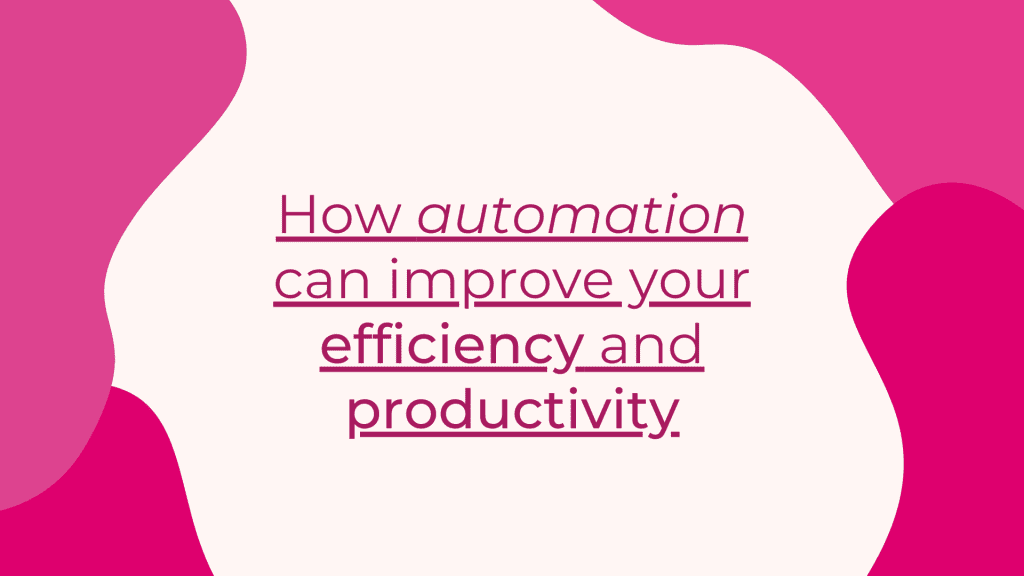
There are two huge mistakes that many start-ups or small business owners make. The first one is trying to manage…

There are two huge mistakes that many start-ups or small business owners make. The first one is trying to manage…

A fixed mindset is thinking that the recession means business stops and clients don’t want to spend money. A growth…

The pandemic has been transformative in many ways. It has changed how we view our health, how we communicate and,…

Automation was already on the rise pre-pandemic, but now it has become a business priority. The positive benefits of automation…

When you as a business owner think of an accountant, you think of taxes, financial reporting, or loan applications. While…

In today’s competitive business world, it is not uncommon for people to do their own bookkeeping and accounting. There are…

According to studies, SMEs spend on average, a whopping £4.4 billion per annum chasing late payments. This problem is only…

When asked “What does an accountant do?” many people answer with accounts, tax or compliance work. While that’s true, what…

Your profit margin is how much money you actually get to walk away with after a transaction is complete (revenue…

For a business to grow sustainably (and to successfully make it through the financial bumps in the road), cash flow…